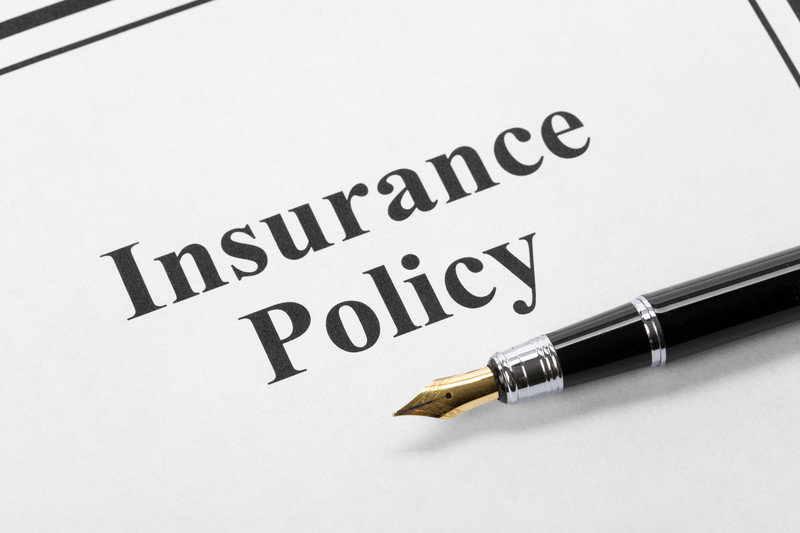
If you're in a situation where your home is damaged, it's important to know when to file a homeowners claim. This will ensure that your property is protected and will help you avoid out-of-pocket losses.
When to File an Owners Claim
In certain situations, it is a good thing to file a claim. It's a process that can be time-consuming and can require attention to detail, but it's worth the effort if you want your claim to be settled quickly.
You should first read your insurance policy to ensure you know what is covered. This will allow you to know the cost of your claim and help you decide if it's worth making a claim.
Ask your agent to review other documents relevant to the case. You will be advised on how to proceed.

You may not be familiar with the claims procedure, but it is a lengthy and complicated process. Prepare yourself accordingly. You should file your claim as soon as possible and keep a record of any conversations or documentation.
Keep a claims record
When you file an insurance claim, keep all the relevant details in mind. You can use this information in the future, if you ever need to file another claim. Recording all your conversations can help speed up the process.
It's also a good idea to keep copies of any documentation you may have. Your insurance company's adjuster will be able to assess the damage more accurately and thoroughly if you keep copies of any documentation.
Choosing to File a Homeowners' Claim
People often think that filing an insurance claim on their home is a time-waster. In reality it is a smart decision, which can save tens to hundreds of thousands of dollar in out-of pocket expenses.
A home insurance claim is often the only way you can protect your home against major losses. In some instances, filing an extra claim can be worth the expense to prevent a costly and unplanned repair.

When it is most beneficial to your family and budget, you should file a claim. Filing a home claim that won't benefit your family, or your budget is a bad idea.
Liability coverage is designed to cover the medical costs of someone injured on your property. Liability limits typically start at about $100,000, but it's a good idea to discuss this with your insurance professional.
You'll have to pay a deductible as well before your insurance kicks in. Your deductible may be a set dollar amount or a percent of the policy value.